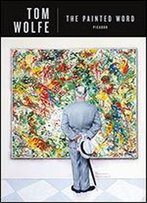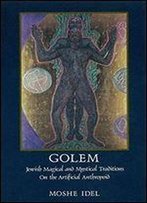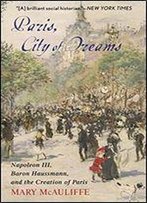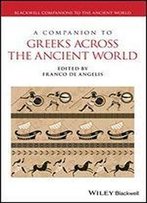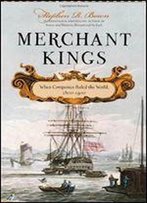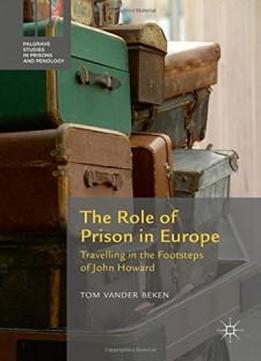
The Role Of Prison In Europe: Travelling In The Footsteps Of John Howard (palgrave Studies In Prisons And Penology)
by Tom Vander Beken /
2016 / English / PDF
4.1 MB Download
This book discusses the role of the prison in Europe across a
divide of over 200 years. Inspired by the travels of the prison
reformer John Howard (1726-1790), who visited prisons across
Europe in the eighteenth century, it fundamentally reflects on
centuries of the practice of locking people up as punishment.
Howard travelled across Europe to visit prisons, with a simple
method: he travelled and knocked on prison doors on his journey
and entered the premises. He then observed the situation in the
prison, took notes and left to visit other locations. Howard's
influential book
This book discusses the role of the prison in Europe across a
divide of over 200 years. Inspired by the travels of the prison
reformer John Howard (1726-1790), who visited prisons across
Europe in the eighteenth century, it fundamentally reflects on
centuries of the practice of locking people up as punishment.
Howard travelled across Europe to visit prisons, with a simple
method: he travelled and knocked on prison doors on his journey
and entered the premises. He then observed the situation in the
prison, took notes and left to visit other locations. Howard's
influential bookThe State of the
Prisons
The State of the
Prisons resulted from his experiences, provoking
debate among prison reformers and academics worldwide.
resulted from his experiences, provoking
debate among prison reformers and academics worldwide.
Adopting the contemporary methods of prison tourism
research, the author follows in Howard's footsteps. He
draws on extensive research conducted in prisons across six
countries: England, Norway, the Netherlands, France, Italy
and Azerbaijan. Howard's reflections are used as a frame
to assess contemporary prisons, particularly revolving around
the questions of what prisons are for today, and what they
should (or should not) be. It will be of great interest to
criminologists researching prisons and penology, as well as
historians interested in the histories of punishment.
Adopting the contemporary methods of prison tourism
research, the author follows in Howard's footsteps. He
draws on extensive research conducted in prisons across six
countries: England, Norway, the Netherlands, France, Italy
and Azerbaijan. Howard's reflections are used as a frame
to assess contemporary prisons, particularly revolving around
the questions of what prisons are for today, and what they
should (or should not) be. It will be of great interest to
criminologists researching prisons and penology, as well as
historians interested in the histories of punishment.
